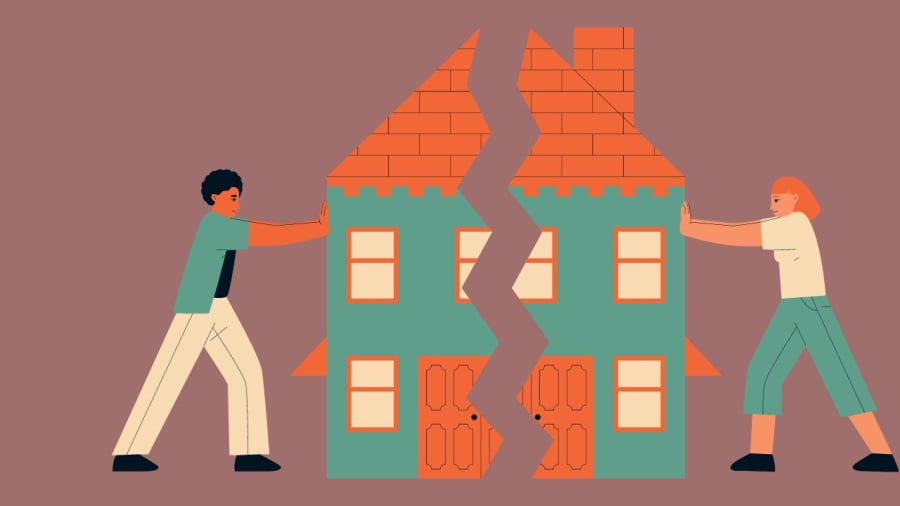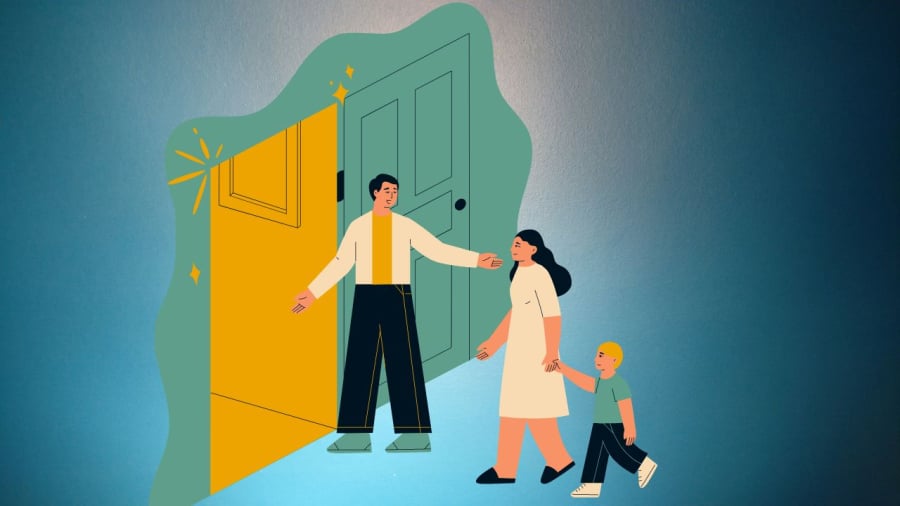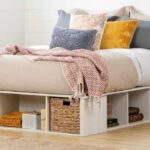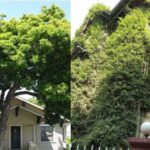The ancient people were very particular about the direction their houses faced and how they designed their doors. This was because they lived in close harmony with nature and believed that building a house according to natural laws would bring good fortune and avoid disasters.
Fear of the West:
The ancient people were extremely wary of building their houses facing west. In ancient villages, many houses turned their backs to the road instead of facing it. Having a facade was not as desirable as it is today because a west-facing house would be avoided. Additionally, ancient houses were not built with a focus on the facade as they are today because people did not engage in as much business, so privacy was a priority.
The west-facing direction was feared due to the intense afternoon sun. The harsh sunlight made it uncomfortable for daily activities, especially since ancient houses did not have fans or air conditioning. They relied on natural cooling, so a west-facing house would remain hot throughout the night, affecting the health and well-being of the occupants.

West-facing houses suffer from intense heat
As a result, the ancient people preferred building their houses facing south or southeast, and if not possible, then north. They strongly avoided the west. West-facing houses were stuffy and hot, leading to illnesses. This intense heat also made it difficult for vegetation to thrive and caused discomfort to plants that preferred shade.
Ancient houses were often made of wood with thatched or leaf roofs, so the western sun could heat up the house, making it uncomfortable for the occupants to sleep. Additionally, the west is the direction of the setting sun, symbolizing decline and decay, which could bring bad omens to the occupants.
Fear of Opposing Doors:
Having opposing doors means that two doors are directly across from each other in a straight line. This was considered undesirable, especially if the doors belonged to the same house, as it created a tunnel-like effect, making the house less aesthetically pleasing and private. The constant flow of wind would also make the house uncomfortable during winter and summer.

Houses with doors directly opposing each other or facing another house’s door are considered unlucky.
From a feng shui perspective, opposing doors are detrimental as wealth that enters one door will exit through the other, leading to financial ruin and poverty for the occupants. If the opposing doors belong to different houses, it can create a conflict of energy, known as “Xung sát,” which is believed to bring bad luck.
The ancient people believed that having the doors of two houses directly facing each other was impolite and a breach of privacy. Today, this belief still holds, as opposing doors affect not only the aesthetics but also the natural flow of energy and temperature control within the house.
While the fear of west-facing houses has diminished with modern technology providing solutions for temperature control, the belief in the negative impact of opposing doors remains relevant today.
Modern houses often face west, and even if they are not used for business, people still prefer to have their doors facing the street. Some even believe that west-facing houses receive more sunlight and positive energy. However, ancient wisdom still holds value, and it is essential to consider the impact of natural elements when building a house to ensure comfort and harmony.
Information for reference and contemplation





































